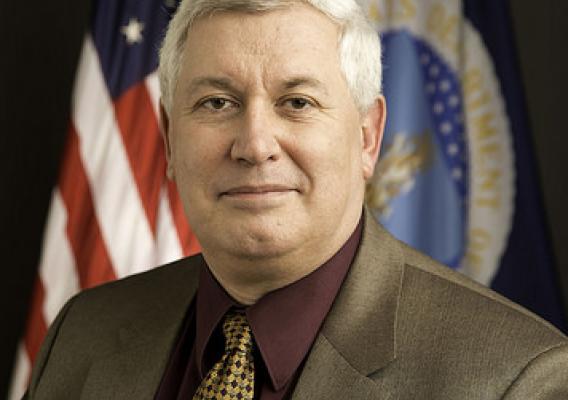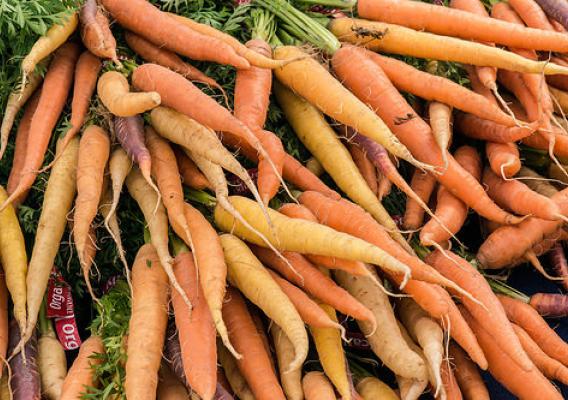At the Agricultural Marketing Service and across USDA, we often talk about the fact that the face of American agriculture is changing. The ranks of our farmers, especially young and beginning farmers, include a growing number of women, people of color, veterans or folks in their second careers. So-called “traditional” agriculture defies the term as it pursues new strategies, new products, and new markets. Across the country, agriculture is diversifying and evolving to meet changing consumer demands.
I saw the new face of agriculture last week during travels to Illinois and Indiana. My first stop was a roundtable on Women in Agriculture held at FarmedHere in Bedford Park, Illinois, about 15 miles from Chicago. Twenty or so women gathered to talk about their farming goals and to hear about how USDA could support them. This topic is close to my heart – I’m a New Hampshire native, a state with the second highest percentage of women farmers in the country. The women around the table with me represented the new face of ag, but so too did the setting – an indoor, vertical farm that produces basil and microgreens in a facility designed to reduce energy costs and shrink the carbon footprint of growing food. FarmedHere is managed by Megan Klein, an attorney by training who found her calling in urban agriculture and became part of this “new face.”










